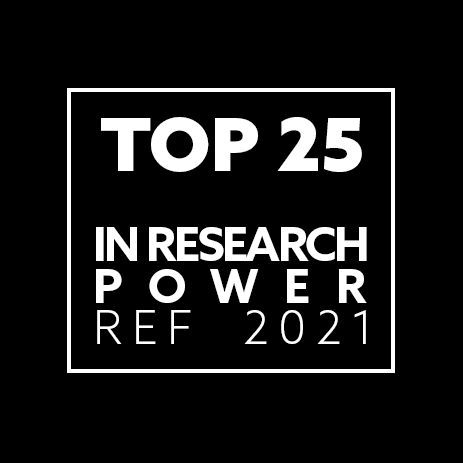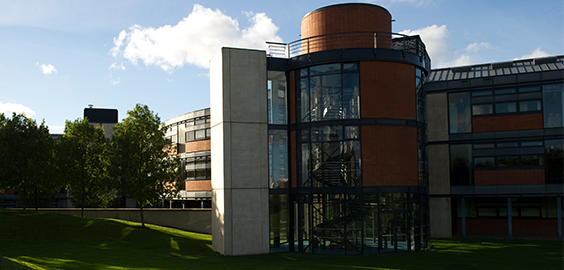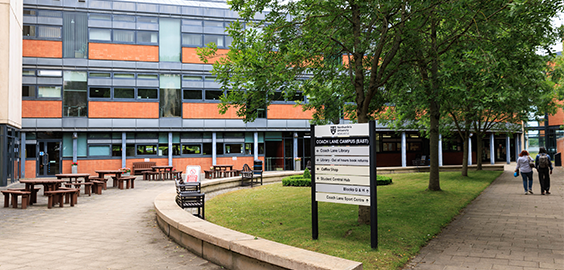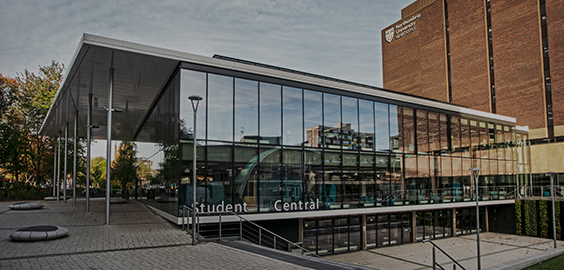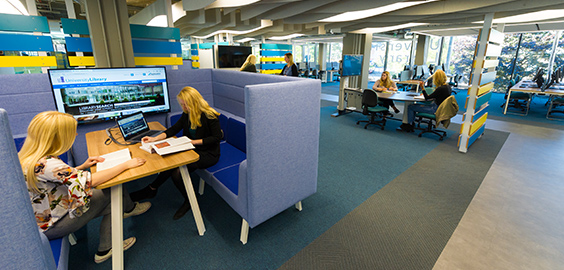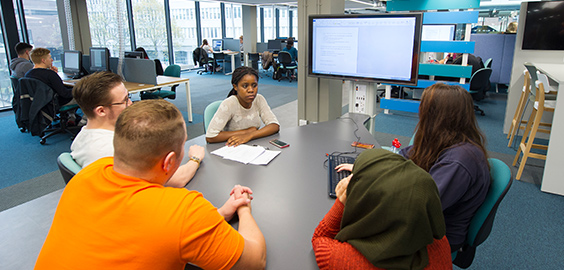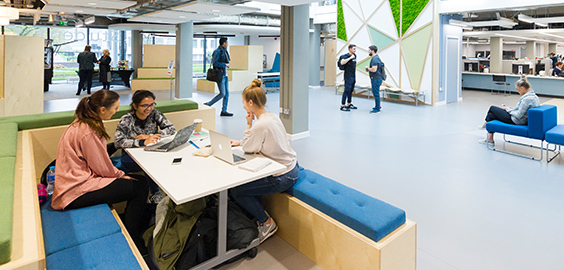What can I do after my BSc Health and Social Care degree?
You will be encouraged to explore a range of career pathways throughout your degree and develop an understanding of contemporary ways of working in the field of Health and Social Care engaging with a range of employers, alumni and external agencies.
The content of the course is relevant to professions within the health and social care field, and you’ll have a great deal of flexibility when it comes to careers.
Further specialist training will be required for some careers, such as social work, teaching and nursing. For other roles you might go straight into employment and undertake on the job training. Examples of roles include; social prescribing, psychological wellbeing, work in charities, local authorities, substance abuse, housing, community development, NHS management.
How does studying at Northumbria prepare me for the future?
You will be supported to develop key professional and personal skills (such as one to one work, group work, interviews and presentations) throughout the course. You will be encouraged and supported to engage with volunteering opportunities and use the links and networks we have with local employers to improve your employability. A number of extra-curricular career development and employability sessions, focusing on different professions and aspects of job-hunting run throughout the year.
The skills learnt and assessed through the course will develop your employability, and you will have acquired the characteristics of a Northumbria graduate – the ability to think independently, work collaboratively, and apply innovation.
 Option for Placement Year
Option for Placement Year Option for Study Abroad
Option for Study Abroad








